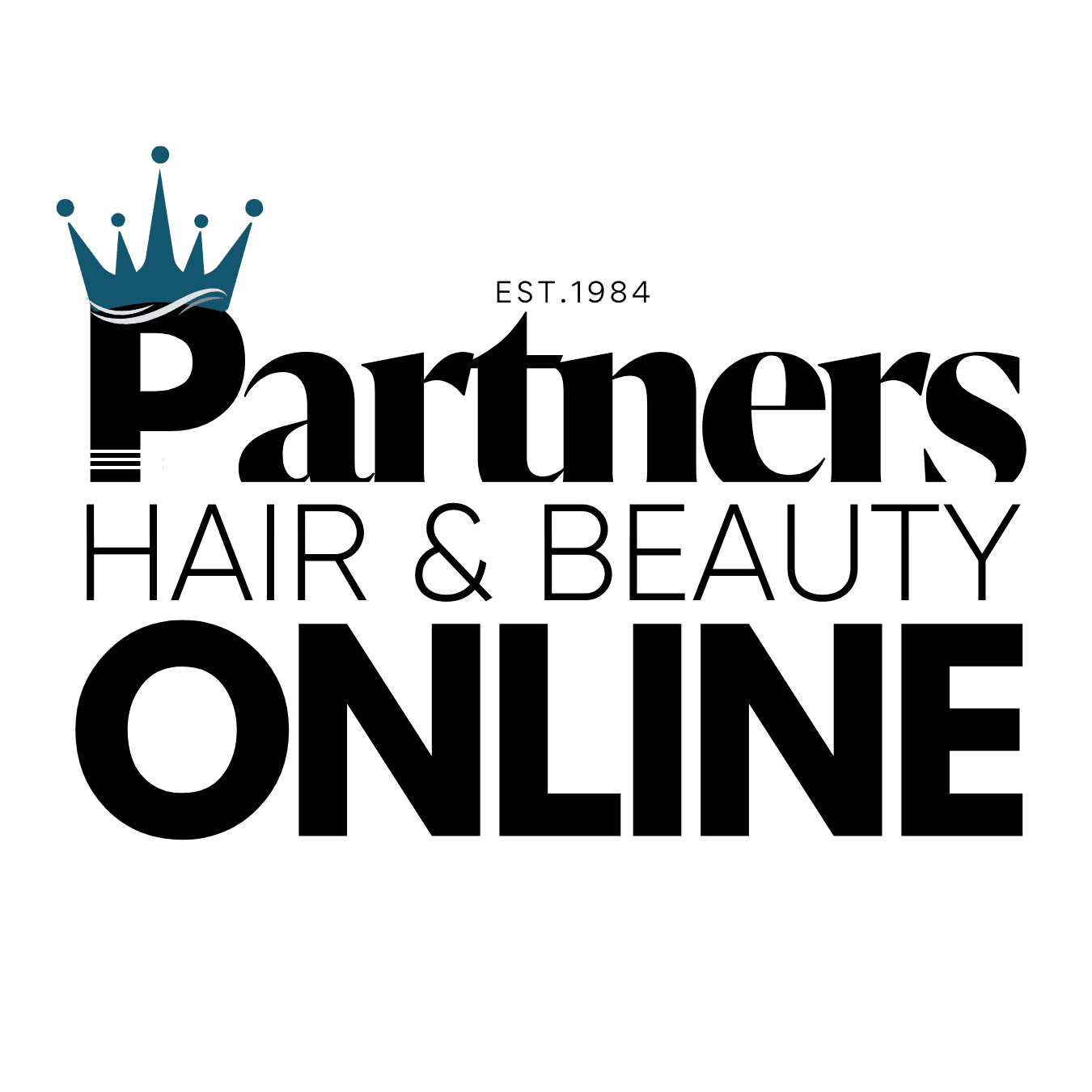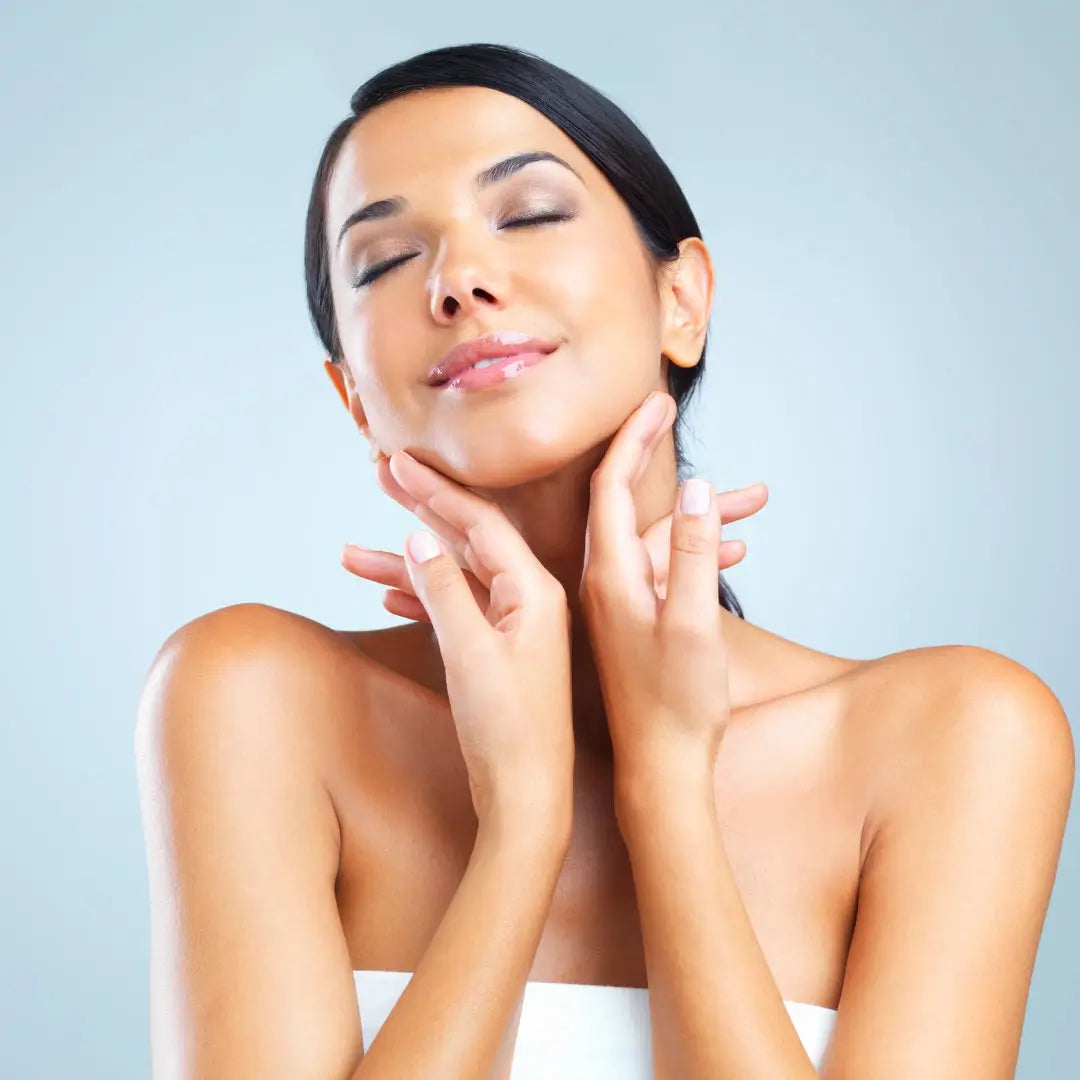The Importance of Strong Hair and Nails: Beyond Aesthetics
Strong, healthy hair and nails are often seen as markers of beauty, but their significance goes far beyond aesthetics. They serve as a window into our overall well-being, reflecting our nutritional status, stress levels, and even underlying medical conditions. Imagine sporting a luxurious mane of hair that flows effortlessly, or showcasing perfectly manicured nails that radiate strength and shine. These attributes boost confidence, enhance beauty, and even project a sense of vitality. Strong hair and nails can be a source of pride and empowerment, reflecting a healthy lifestyle and a well-nourished body.
Understanding the Building Blocks of Strong Hair and Nails: The Role of Keratin
Both hair and nails are primarily composed of a protein called keratin. This fibrous protein is the fundamental building block that provides the structure and strength necessary to withstand daily wear and tear. Think of keratin as the scaffolding that gives hair and nails their resilience and durability. Keratin is essentially a chain of amino acids linked together, creating a tough and resilient structure. It's the reason your hair can withstand brushing, styling, and environmental factors without easily breaking or becoming brittle. Similarly, keratin provides the hard, protective outer layer of your nails, enabling them to resist breakage and shield the sensitive nail bed underneath.
Here's how keratin contributes to their health:
- Hair: Keratin forms the hair shaft, protecting the inner layers and providing flexibility and strength. This allows hair to withstand brushing, styling, and environmental factors without breaking or becoming brittle. Strong hair is also less prone to split ends and breakage, making it easier to manage and style.
- Nails: Keratin forms the hard, protective outer layer of the nail, giving it its durability and resistance to breakage. This layer helps shield the sensitive nail bed underneath, protecting it from damage and infections. Strong nails are less likely to chip or crack, allowing you to enjoy the freedom of performing daily tasks without worrying about nail damage.
Factors that Influence Hair and Nail Strength: A Multifaceted Approach
The health and strength of your hair and nails are influenced by a complex interplay of factors. While some factors are within our control, others are beyond our immediate influence. Understanding these factors is crucial for developing a comprehensive strategy to enhance hair and nail health.
1. Nutrition: Fueling Growth from Within
A balanced diet rich in essential vitamins, minerals, and protein is the cornerstone of healthy hair and nail growth. Just like any other part of our body, hair and nails need the right building blocks to thrive.
Here's a breakdown of key nutrients and their roles:
- Protein: The foundation of keratin, protein is essential for building and maintaining strong hair and nails. Think of protein as the raw material that your body uses to build new keratin molecules. Incorporate lean meats, poultry, fish, eggs, beans, lentils, tofu, and nuts into your diet. These protein-rich foods will provide your body with the essential amino acids it needs to create healthy hair and nails.
- Biotin: This B-vitamin plays a crucial role in keratin production, promoting healthy hair growth and preventing breakage. Biotin acts as a co-enzyme, helping the body efficiently use the other nutrients needed for keratin production. Find biotin in eggs, almonds, and sweet potatoes. By increasing your intake of these foods, you'll be supplying your body with the tools it needs to build strong and resilient hair and nails.
- Vitamin C: This powerful antioxidant helps produce collagen, a protein that provides structure and strength to hair and nails, making them less prone to breakage. Collagen acts like a support system for hair and nails, providing strength and elasticity. Citrus fruits, strawberries, and broccoli are excellent sources of Vitamin C. By consuming these foods, you'll be boosting your body's ability to create collagen, leading to stronger, healthier hair and nails.
- Iron: Iron is essential for carrying oxygen to hair follicles, which is vital for hair growth. Think of iron as the fuel that powers the hair growth process. Leafy greens, red meat, and beans are rich in iron. By including these foods in your diet, you'll be providing your hair follicles with the oxygen they need to thrive, promoting healthy hair growth.
- Zinc: Zinc supports healthy hair growth and cell division. Zinc is a vital mineral that helps regulate the growth and development of hair follicles. Oysters, pumpkin seeds, and chickpeas are excellent sources of zinc. By consuming these zinc-rich foods, you'll be supporting the healthy growth and development of your hair, contributing to stronger and healthier hair.
2. Hormonal Fluctuations: Navigating the Rollercoaster
Hormonal changes can significantly impact hair and nail growth, often leading to temporary changes in their appearance. This is particularly common during pregnancy, menopause, and certain medical conditions. Understanding how hormones influence hair and nail growth can help you manage any changes you might experience.
For example, during pregnancy, increased estrogen levels can lead to thicker, shinier hair. This is often attributed to the protective effects of estrogen on hair follicles. However, after childbirth, hormone levels may decline, resulting in hair shedding. This is a normal process as the body readjusts to its pre-pregnancy hormonal balance. Menopause can also lead to hair thinning and brittle nails due to fluctuating hormone levels. The decline in estrogen production during menopause can lead to changes in hair growth patterns and nail health.
It's important to remember that these hormonal fluctuations are usually temporary and manageable. While you may notice changes in your hair and nails, these are often reversible. Maintaining a balanced diet, managing stress, and consulting with your healthcare provider can help mitigate the effects of hormonal changes.
3. Stress: The Silent Saboteur of Hair and Nail Health
Chronic stress can disrupt the body's natural processes, including hair growth. When we're under prolonged stress, our bodies prioritize energy to deal with the perceived threat, often at the expense of other functions, including hair growth. This is because the body shifts resources towards immediate survival mechanisms, such as the fight-or-flight response. This can lead to hair thinning, breakage, and even hair loss. In addition, stress can also trigger inflammation, which can damage hair follicles and impair hair growth.
Finding healthy ways to manage stress, such as exercise, meditation, or spending time in nature, is crucial for maintaining healthy hair and nails. Regular physical activity helps release endorphins, which have mood-boosting effects. Mindfulness practices like meditation and yoga can help calm the mind and reduce stress levels. Spending time in nature can have a restorative effect on both the mind and body. By incorporating these stress-reducing techniques into your routine, you'll be supporting your overall health, including the health of your hair and nails.
4. Medications: Side Effects and Considerations
Certain medications, such as chemotherapy drugs and antibiotics, can have side effects that impact hair and nail health. Chemotherapy, for instance, often leads to hair loss, a known side effect of the treatment. This is because chemotherapy drugs target rapidly dividing cells, including hair follicle cells. Antibiotics, while generally safe, can sometimes disrupt the balance of gut bacteria, which can indirectly affect hair and nail health.
If you're experiencing changes in your hair or nails after starting a new medication, it's essential to consult with your healthcare provider to discuss potential causes and management strategies. They can help determine if the medication is responsible for the changes and advise you on any necessary adjustments.
5. Underlying Medical Conditions: Addressing the Root Cause
Conditions like thyroid disorders and anemia can affect the strength and appearance of hair and nails. Thyroid disorders, such as hypothyroidism, can lead to hair thinning and brittle nails, while anemia can cause hair loss and discoloration. Thyroid disorders can disrupt the body's hormonal balance, affecting hair growth and nail health. Anemia, a condition characterized by low red blood cell count, can deprive hair follicles of the oxygen they need to grow.
If you suspect an underlying medical condition may be contributing to your hair or nail problems, it's crucial to consult with a healthcare professional for proper diagnosis and treatment. They can conduct tests to determine the underlying cause and recommend the appropriate treatment plan.
Boosting Hair and Nail Strength: Practical Tips for a Healthy Transformation
Now that we've explored the factors that influence hair and nail strength, let's delve into practical strategies to enhance their health and vitality.
1. Nourish Your Body with the Right Foods: Fueling Growth from Within
Consuming a balanced diet rich in protein, vitamins, and minerals is essential for healthy hair and nail growth. Here's a deeper dive into the key nutrient groups and their impact:
- Protein: Protein is the building block of keratin, so ensuring adequate protein intake is crucial for hair and nail growth. Aim for lean sources of protein like chicken, fish, beans, lentils, and tofu. These foods are also excellent sources of other essential nutrients that support hair and nail health.
- Biotin: Biotin, a B-vitamin, is essential for keratin production, promoting healthy hair growth and preventing breakage. Incorporate eggs, almonds, and sweet potatoes into your diet. These foods are not only rich in biotin but also provide other beneficial nutrients.
- Vitamin C: This potent antioxidant helps produce collagen, which strengthens hair and nails, making them less prone to breakage. Include citrus fruits, strawberries, and broccoli in your diet. These foods are also good sources of other vitamins and minerals that support hair and nail health.
- Iron: Iron carries oxygen to hair follicles, essential for hair growth. Leafy greens, red meat, and beans are great sources of iron. These foods are also rich in other nutrients that support overall health and well-being.
- Zinc: Zinc promotes healthy hair growth and cell division. Oysters, pumpkin seeds, and chickpeas are rich in zinc. These foods are also good sources of protein, fiber, and other essential vitamins and minerals that contribute to hair and nail health.
2. Explore Collagen Supplements: Replenishing Your Body's Natural Building Block
Collagen is a protein found naturally in our bodies, playing a crucial role in the structure of skin, hair, and nails. As we age, collagen production naturally declines, contributing to thinning hair, brittle nails, and wrinkles.
Collagen supplements, often available in powder form, can help replenish collagen levels, supporting healthy hair and nail growth. Look for collagen supplements that are hydrolyzed, meaning they have been broken down into smaller peptides for easier absorption by the body. Hydrolyzed collagen is easier for your body to digest and absorb, maximizing its benefits.
When incorporating collagen supplements into your routine, remember to consult with a healthcare professional to ensure they are appropriate for your individual needs and any existing health conditions. They can help determine the appropriate dosage and ensure that the supplement doesn't interact with any medications you may be taking.
3. Manage Stress: Taming the Stress Hormone
Chronic stress can disrupt the body's natural processes, leading to hair thinning and breakage. When we're stressed, our bodies release cortisol, known as the stress hormone. Cortisol can interfere with hair growth, leading to hair shedding and slowing down the growth cycle.
Find healthy ways to manage stress, such as regular exercise, mindfulness practices like meditation, yoga, or deep breathing exercises. Spending time in nature, engaging in hobbies, and getting adequate sleep can also help reduce stress levels. Exercise releases endorphins, which have mood-boosting and stress-reducing effects. Mindfulness practices like meditation and yoga can help calm the mind and reduce stress hormones. Spending time in nature has a restorative effect on both the mind and body. Getting enough sleep is essential for regulating hormones and reducing stress levels. By incorporating these stress-reducing techniques into your routine, you'll be supporting your overall health and well-being, which will positively impact your hair and nail health.
4. Limit Chemical Treatments: Protecting Your Hair from Damage
Excessive use of heat styling tools, harsh chemicals, and hair dyes can damage hair and make it more prone to breakage. The high heat from styling tools can weaken the hair shaft, leading to split ends and frizz. Harsh chemicals found in some hair products and dyes can strip the hair of its natural oils, making it dry and brittle.
Minimize the use of heat styling tools and opt for air drying whenever possible. When using heat, always apply a heat protectant spray to shield your hair from damage. Choose gentle shampoos and conditioners formulated for your hair type, and consider reducing the frequency of chemical treatments. Air drying your hair helps minimize heat damage, allowing your hair to retain its natural moisture and strength. Heat protectant sprays create a barrier between your hair and the heat, reducing the risk of damage. Gentle shampoos and conditioners help maintain the natural oils in your hair, promoting healthy hair growth. By minimizing the use of harsh chemicals and heat, you'll be protecting your hair from damage and promoting its overall health and strength.
5. Be Gentle with Your Hair and Nails: Practicing Kindness
Avoid aggressive brushing or combing that can cause breakage. Use a wide-tooth comb or a brush with soft bristles to detangle your hair gently, especially when it's wet. Avoid pulling or tugging on your hair, as this can weaken the hair follicles. When applying nail polish, choose high-quality products and be careful not to overfile your nails. Overfiling can weaken the nail and make it more prone to breakage. Use a gentle nail file and avoid sawing back and forth across the nail.
Gentle hair care techniques help prevent damage and breakage, promoting healthy hair growth. Using a wide-tooth comb or a brush with soft bristles reduces the risk of pulling or tugging on your hair, minimizing the risk of breakage. Using high-quality nail polish and avoiding overfiling helps protect your nails from damage and breakage, allowing them to grow strong and healthy.
6. Stay Hydrated: Quenching Your Hair and Nail's Thirst
Water is essential for overall health, including the health of hair and nails. Water helps transport nutrients to hair follicles and keeps the hair hydrated, making it less prone to breakage.
Aim to drink at least eight glasses of water daily. You can also incorporate hydrating foods into your diet, such as cucumbers, watermelon, and leafy greens. Staying hydrated helps ensure that your hair and nails receive the essential nutrients they need to thrive. By drinking enough water and consuming hydrating foods, you'll be contributing to stronger, healthier hair and nails.
Seeking Professional Help: When to Consult a Healthcare Professional
If you're experiencing persistent hair loss, brittle nails, or other concerning changes in your hair and nails, consult a dermatologist or a healthcare professional. They can assess your condition, rule out any underlying medical causes, and recommend appropriate treatment options.
Conclusion: Embarking on a Journey to Healthier Hair and Nails
Strong, healthy hair and nails are an outward reflection of your overall well-being. By adopting a holistic approach that includes a balanced diet, stress management, gentle care, and seeking professional advice when needed, you can unlock the secrets to achieving stronger, more vibrant hair and nails. Remember, taking care of your body from within is key to radiating confidence and beauty from the inside out.
If you're considering incorporating collagen supplements into your routine, research reputable brands and consult a healthcare professional to ensure they are appropriate for your individual needs and any existing health conditions.





Share:
Explore Brands and Healthy Coping Mechanisms for Emotional Well-being
Explore Top Brands for Joint Health and More in Our Shop